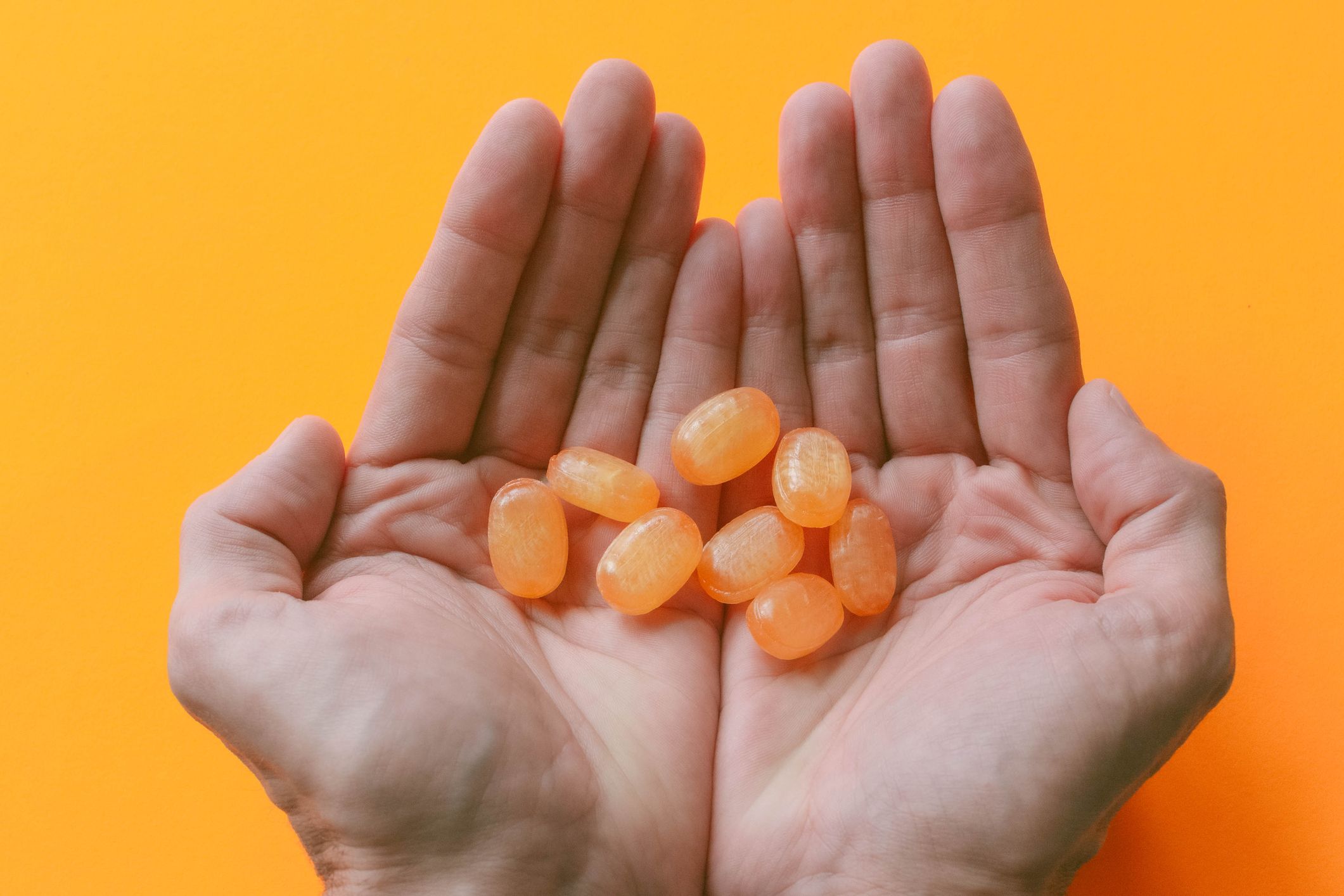Which Antihistamine Is Best to Treat Fluid in the Ear
This condition is connected with ear infection in two ways. Taking an antihistamine or using a steroid nasal spray to reduce any allergic response.

Antihistamines To Relieve Ear Pressure Ear Pressure Relieve Ear Pressure Low Sugar Desserts
Its also known as otitis media with effusion OME.

. The auditory tube is also known as the eustachian tube. Ibuprofen and acetaminophen are appropriate pain relievers for kids but never give a child aspirin due to the risk of Reyes syndrome. Serous otitis media SOM is a buildup of fluid behind the eardrum.
The following list of medications are in some way related to or used in the treatment of this condition. They are also best taken when you can go to sleep as they can make you drowsy. The effect of an antiallergic nasal decongestant combination Dimotapp and sodium cromoglycate nose drops on the histamine content of adenoids middle ear fluid and nasopharyngeal secretions of children with secretory otitis media.
Try these antihistamines if you are not affected by allergies or colds often. 16 rows Drugs used to treat Eustachian Tube Dysfunction. Treat Your Worst Allergy Symptoms Such as Nasal Congestion Sneezing Itchy Watery Eyes.
After the treatment of many ear infections fluid will remain in the middle ear for several days. This antihistamine also treat other motion and balance problems or inner ear problems. Also young children often do not express themselves well even when struggling with hearing problems or other issues related to the fluid.
Readily available OTC antihistamines include. It happens when the auditory tube is blocked. Select drug class All drug classes miscellaneous analgesics 1 Nonsteroidal anti-inflammatory drugs 1 miscellaneous anxiolytics sedatives and hypnotics 2 antihistamines 3.
Antihistamines are used to treat allergies and to reduce the amount of sinus mucus. Cetirizine Zyrtec chlorpheniramine Chlor-Trimeton diphenhydramine Benadryl. Fluid that lasts a long time can damage the ear and require surgery.
Which antihistamine is best for ear congestion. First generation antihistamines like Benadryl NyQuil or Tylenol Cold are good for short term or one-time use. Ad Outperforms 10mg Single-Ingredient Loratadine for Relief of Nasal Symptoms.
Ear drops should be used exactly as prescribed and for the correct length of time. Greenes take on antihistamines for ear infections Almost one in five clinicians will give a child an antihistamine or an antihistamine-containing cold medicine to give added relief to children with ear infectionsEven when they dont parents will often pick up an over-the-counter product on their own. Blow your nose gently.
However anyone with severe ear pain or a fever higher than 102 degrees Fahrenheit needs to be evaluated by a doctor. Children who have persistent fluid in the middle ear a condition called otitis media with effusion are more likely to be harmed than helped by antihistamines and decongestants a new review of. Antibiotic ear drops are often prescribed for the treatment of outer ear infections.
The doctor may prescribe antibiotics to fight the ear infection. Ad See How Much You Can Save On Anti-Allergy Antihistamine Chlorpheniramine Maleate. Use a humidifier.
Making a tiny incision in the eardrum and suctioning out the fluid in the middle ear. A natural antibiotic antiviral and antifungal garlic oil can get rid of the cause of the fluid whether they are caused by a virus bacteria or some other pathogen without the. Some prescribed ear drops such as Ciprodex ciprofloxacin and dexamethasone combine an antibiotic and a steroid medication to help with inflammation.
Hi Dramamine or dimenhydrinate is usually indicated for nausea vomiting and dizziness caused by motion sickness. Current Medical Research and Opinion 1983. Fluid in the ears can be present with or without an active infection.
Here are things you can do to relieve sinus congestion and related ear congestion. Take a nasal decongestant. Buy Now Get Free Shipping On Orders Over 25.
The best way to prevent problems is to see the doctor every three to six months until the fluid goes away. However the American Academy of Pediatrics has revised its guidelines stating that these medications are not effective for the treatment of fluid in the ear. Bacteria can then begin to accumulate within the liquid which can result in an infection.
When the Eustachian tube becomes partially blocked fluid begins to accumulate in the middle ear. Another means of eliminating fluid in your ear is through the use of garlic oil. If your headache is associated with allergies this medicine may greatly help stop histamine release.
These included antihistamines such as Benadryl and decongestants such as pseudoephedrine and occasionally even steroids andor antibiotics. Use a nasal rinse or nasal irrigation system. Their use seems to be rising as antibiotic use is falling.
/Can-allergies-cause-tinnitus-5206221_final-9caacec97b8a48478743931b847e078b.jpg)
Ear Pain And Allergies Treatment And Preventing Infection

Treatments For Ear Nose And Throat Conditions

Surprising Allergy Symptoms You Might Not Suspect Dr Momma Says Allergy Symptoms How To Treat Allergies Asthma Symptoms
No comments for "Which Antihistamine Is Best to Treat Fluid in the Ear"
Post a Comment